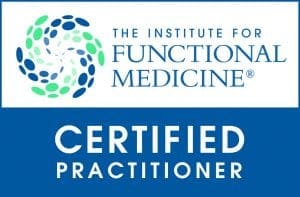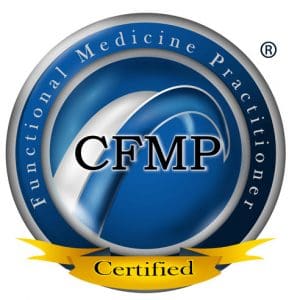Gut microbiota has a wide variety of metabolic activities. I would like to rephrase that, more than activities, they are responsibilities. Nowadays...
Category - Gut and Intestinal Health
Gut and Intestinal Health: The health of an individual’s gut determines what nutrients are being absorbed along with what toxins, allergens, and microbes are being kept out. The gut and intestines are directly linked to the health of the whole body. Intestinal health could be defined as optimal digestion, absorption, and assimilation of food being consumed. However, this is a job that depends on many other factors that can determine a healthy body. More than 100 million Americans have digestive problems and there are two of the top-selling drugs that are for digestive problems, and they run in the billions. There are more than 200 over-the-counter (OTC) remedies for digestive disorders and these can and do create additional digestive problems.
If an individual’s digestion is not working properly, the first thing is to understand what is sending the gut to be out-of-balance in the first place.
From low-fiber and high-sugars to high-calorie diets can cause all the wrong bacteria and yeast to grow in the gut and damages the delicate ecosystem in the intestines.
While overuse of medications that damage the gut or even block normal digestive function like acid blockers (Prilosec, Nexium, etc.), anti-inflammatory medication (aspirin, Advil, and Aleve), antibiotics, steroids, and hormones can cause gut dysfunction.
Undetected gluten intolerance, celiac disease or low-grade food allergies to foods such as dairy, eggs, or corn can even cause gut problems and if it is not treated can become chronic.
From chronic low-grade infections to toxins all the way to stress can cause the gut to become imbalanced and change the normal bacteria.
When patients go to see their primary care doctors, visits for intestinal disorders are among the most common trips. Most doctors do not recognize or know that digestive problems can wreak havoc in the entire body, thus leading to allergies, arthritis, autoimmune disease, rashes, acne, chronic fatigue, mood disorders, autism, dementia, cancer, and more.
By having a proper gut and intestinal health is absolutely central to a person’s health since it is connected to everything that happens in the body.
The interaction between beneficial bacteria and the host is called symbiosis. Furthermore, symbiosis depends on multiple factors such as microbial...
The beneficial effects of using probiotics in our diets or supplementation have been studied in the last years. Indeed, these studies provide...
The main focus of orthomolecular medicine is to treat the leading cause of the condition. Detecting the root cause is the cornerstone to determine...
Histamine is closely related to allergies and immune responses. Certainly, histamine’s involvement in common allergies is the main reason why...
Gastrointestinal issues are one of the main reasons why patients come into a doctor’s office. Certainly, irritable bowel syndrome (IBS) is the...
The association between heart failure, cardiovascular disease, and fibrosis with a metabolic marker TMAO is key to preventing and reversing these...
All disease starts in the gut, but how? Intestinal permeability is a great contributor to metabolic and chronic conditions, as it allows bacterial...

















